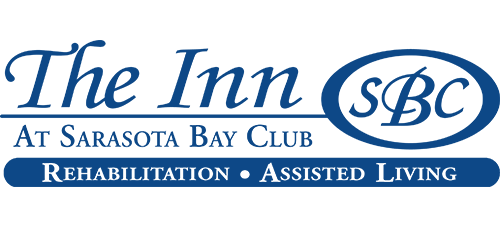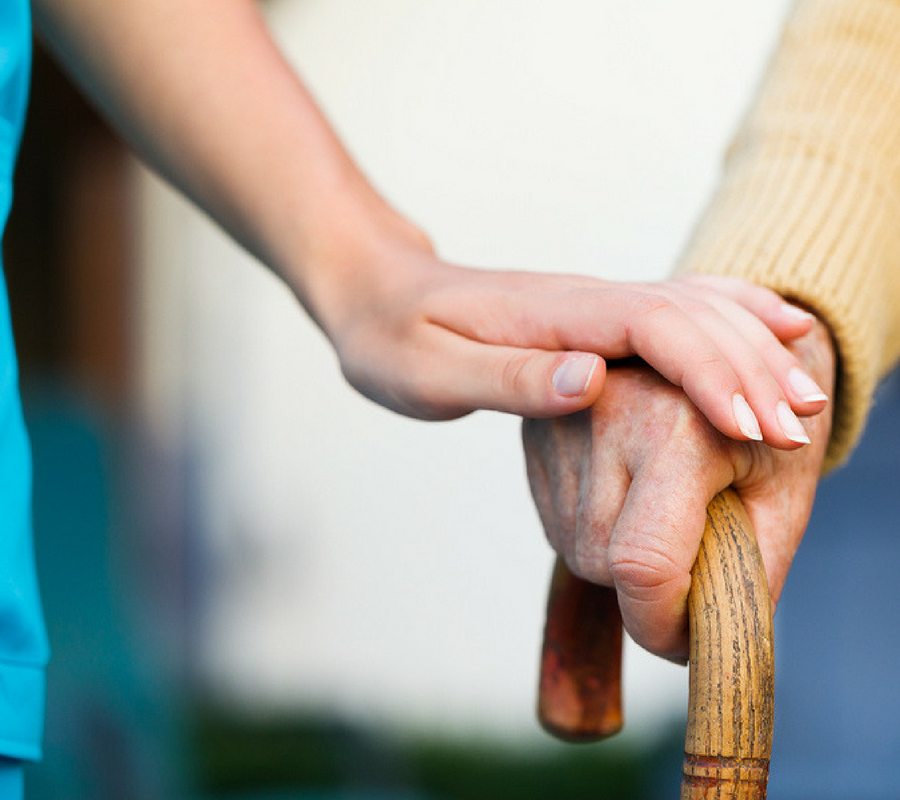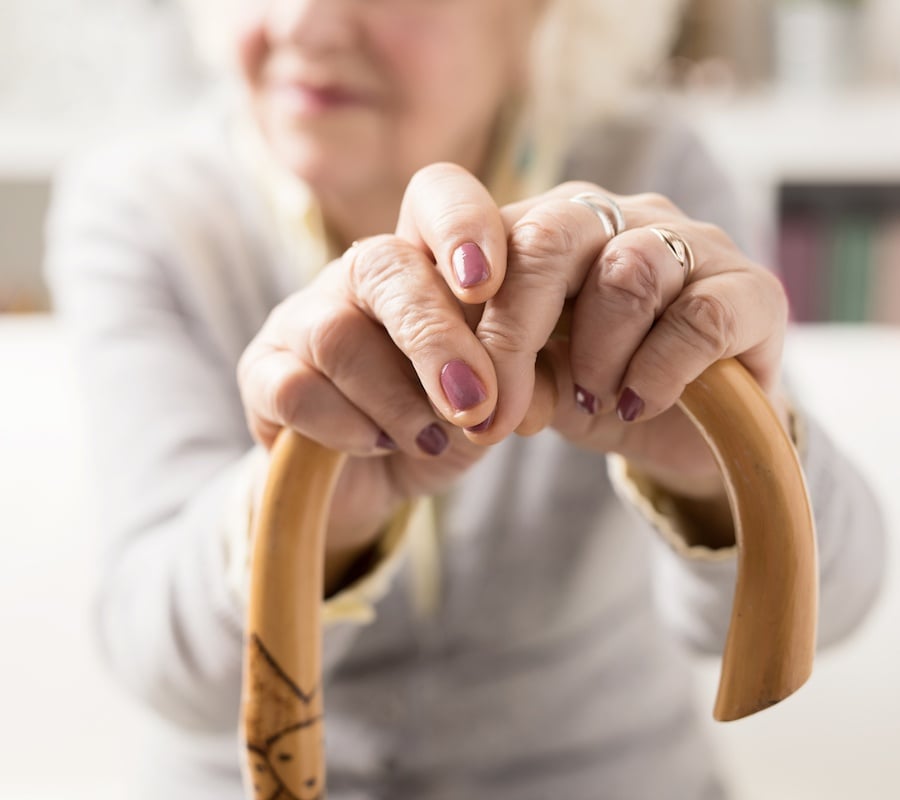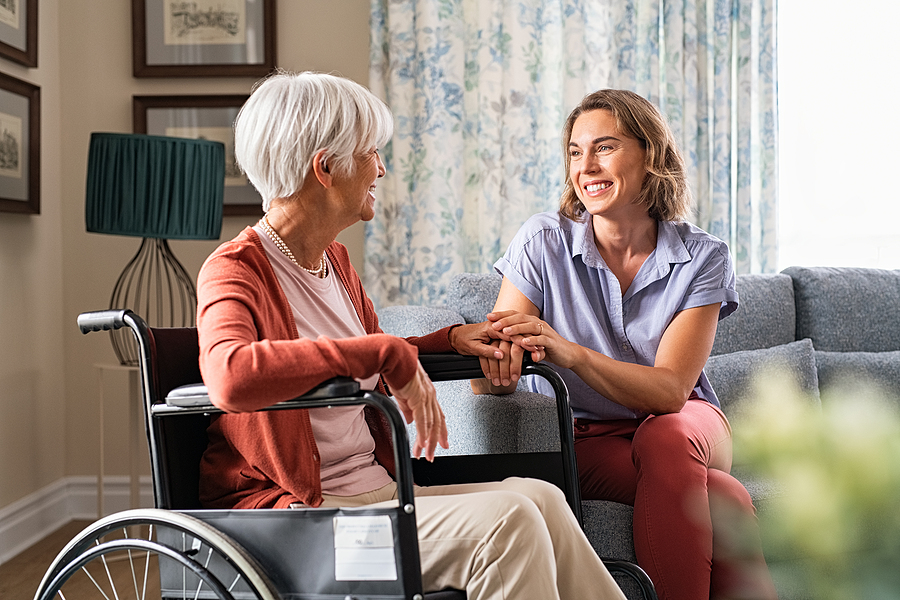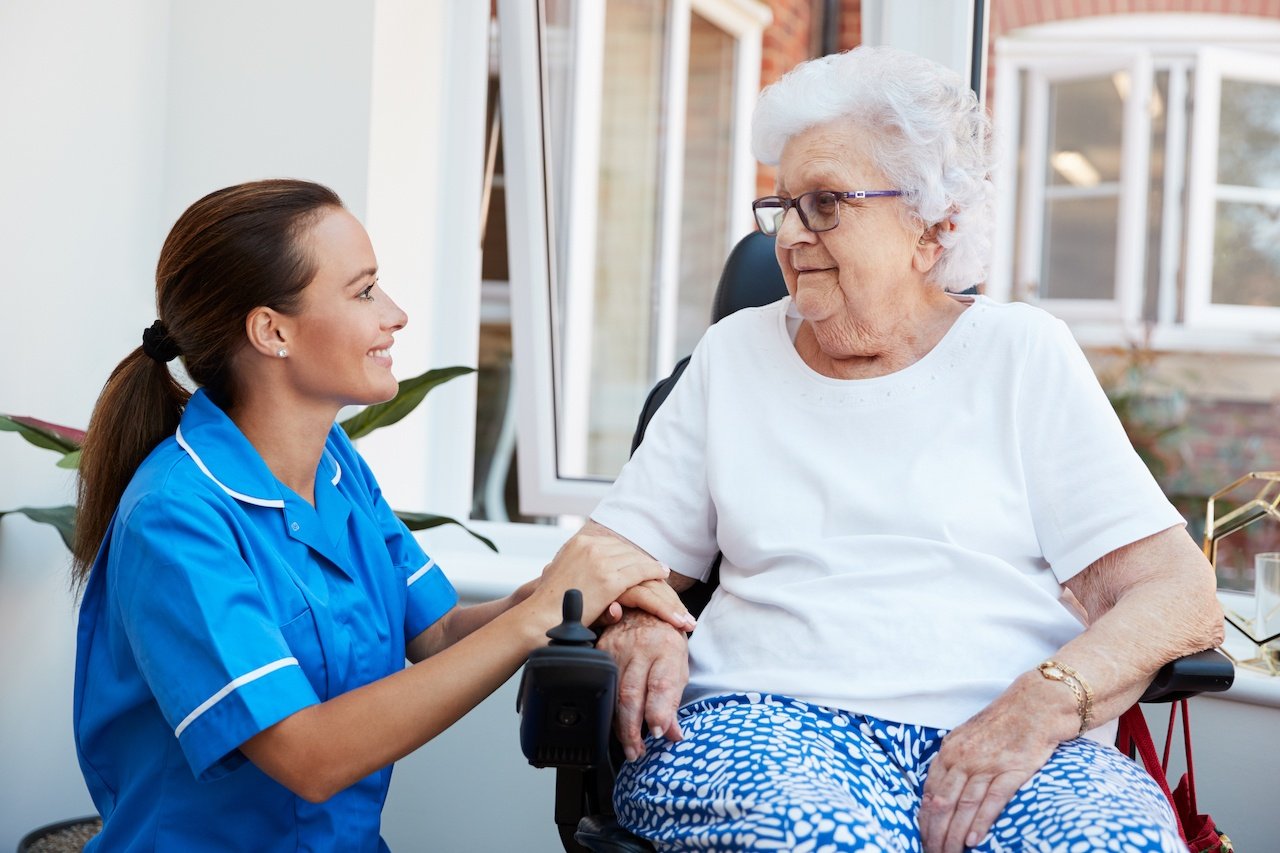.png?width=320&name=Untitled_design_(18).png) Moving into an assisted living community can be a challenging task for both you and your loved one. However, the challenge can become much easier when you are prepared for the move.
Moving into an assisted living community can be a challenging task for both you and your loved one. However, the challenge can become much easier when you are prepared for the move.
Related Blog: Secure Assisted Living and Memory Care at Sarasota Bay Club
Create a Moving Plan
Having a solid plan helps ease the transition into assisted living. If possible, get family and friends involved in the big move. Try to assign roles (paperwork, legal matters, packing, moving) to each family member. For some, a move to an assisted living community involves downsizing. This often results in a dilemma - determining what to do with the things that can't fit in the new place. Whether it is holding garage sales, donating to charity, or paying for storage, you have to think of where your loved one's possessions are going. It can be helpful to think of the size and layouts of the rooms your loved one will be living in to decide which furniture is suitable.
When going through the process of downsizing, remember that these items can hold sentimental value. Consider the possibility of holding onto important items (such as family albums) yourself for safekeeping, if there is no space in the new home. If there is room, identify the things that can be brought to the new home to make your loved one feel at home. Personal items can be arranged to be reminiscent of their previous home, easing the transition for those who may miss their home.
Include Your Loved One in the Journey
It is important to consider the thoughts, feelings, and concerns of your loved one as they make this transition. Acknowledge that this may be a confusing journey that they are undergoing. Before the move, try to get you and your loved one acquainted with the new community. Get to know the staff, the residents, and the personality of the place.
"Handholding" can hinder your loved ones transition. Positioning yourself as the main decision maker may further feel like their independence is in jeopardy, which can be very troublesome at a time when they need support. Instead, take their emotional needs into account, encourage them to embrace their new lives, and keep them in the conversation. Have a discussion on the day-to-day aspects of their life. Get them familiar with the people that will be helping them do tasks like laundry and food preparation. Note their preferences and help them communicate this to staff.
Outside of everyday matters, talk to your loved one about legal and medical matters. Handling these issues beforehand can save you and your loved ones from confusion and surprises if problems arrive in the future.
Let Our Helpful Staff Aide You
Staff at assisted living communities can help you figure out the next steps. Our community has very well trained staff that have expertise in handling resident concerns. The staff at assisted living communities should be able to:
- Create tasks your loved one enjoys such as cooking and gardening
- Answer any questions and concerns you or your loved one may have
- Help new residents feel at home and secure
Even with excellent staff, you still should be informed and active in making certain your loved one gets the care they need. When interacting with staff, communicate your loved one's medical, social, and personal needs.
Transitioning into an assisted living community can be stressful. Yet, with careful planning, cooperation, consideration, and respect for your loved one's needs and wishes, you can help transition them to a new stage of life they can enjoy and thrive in.

